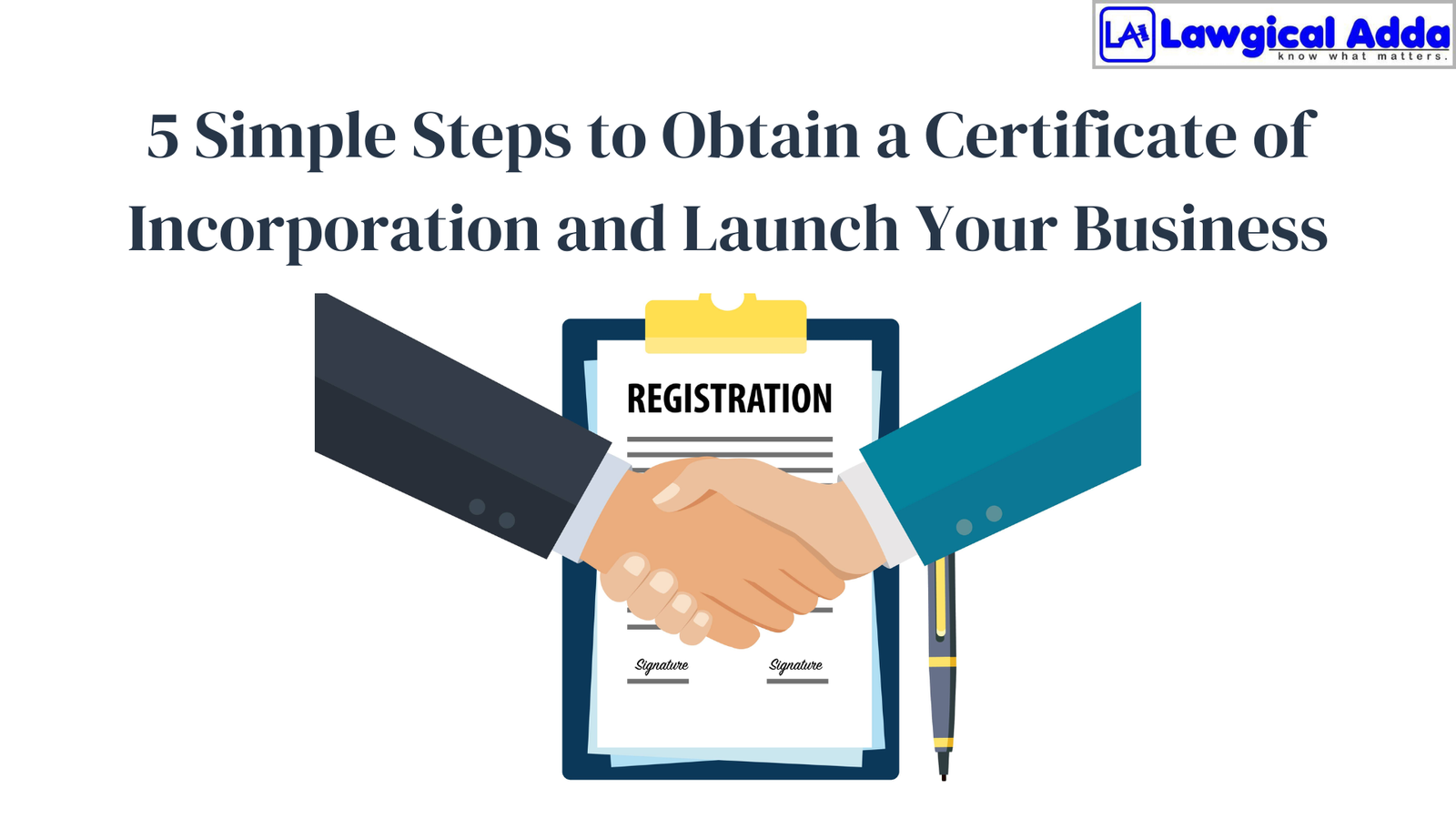How to Close a Private Limited Company

Table of Contents
Introduction
It is advisable to dissolve your private limited company and take a different direction if you consistently lose money and find it challenging to manage your firm correctly. The private limited company must also be closed down if no transactions occur or the directors are unable or unwilling to start business operations.
Documents needed to dissolve a private limited business
In India, the following documents are required to dissolve a private limited company:
- A board decision authorizing the company’s liquidation and appointing a liquidator.
- The articles of association specify the procedures for termination and liquidation.
- A declaration of the liquidator’s appointment, signed by the business directors.
- A solvency declaration signed by each director attests to the company’s ability to pay off its debts in full and within an acceptable time frame.
- A thorough list of all the business creditors, including their addresses and the amount owed.
- A financial status report created by the liquidator shows the company’s assets and liabilities as of the winding-up date.
- The liquidator’s final accounts for the company cover the time from the start of winding up until its conclusion.
Procedure to close a Private Limited Company
Step 1: Choose to Close the Business
- Call a meeting of the board to authorize closing.
- Select between winding up voluntarily or involuntarily.
- Name an executor.
Step 2: Notify the Companies Registrar (ROC)
- Send the required paperwork to ROC, including Form MGT-14, STK-2, and audited financials.
- Assure timely submission and accuracy.
Step Three: Sell Company Assets
- Sell off business assets to raise money.
- Pay your creditors first, as required by law.
Step 4: Disburse Money and Pay Off Debts
- Eliminate all business debt.
- Pay out any leftover money to shareholders.
Step 5: Fulfill Your Tax Duties
- Complete and submit your tax returns.
- Obtain a certificate of tax clearance.
- Send the certificate to the ROC.
- Closing a Private Limited Company Has Advantages
- Although it frequently involves difficulties, closing a private limited company might have several advantages.
It is a big decision with broad ramifications. The following are some possible advantages of closing a private limited company:
Financial Relief: Directors and shareholders might receive financial relief by settling outstanding debts and liabilities from the company’s closure.
Emphasis on New Ventures: Business closures allow entrepreneurs to reallocate human and financial resources to brand-new initiatives or businesses.
Adherence to the Law: Satisfying Regulatory Requirements: By shutting down the business, you may be sure that all legal and regulatory requirements are met, averting future legal problems.
Strategic Restructuring: Closing a company may be a component of a more significant strategic restructuring to enable the organization to adjust to changes in the business environment.
Tax Considerations: Depending on the country and the company’s finances, the closure may have tax advantages, such as the capacity to deduct losses.
Frequently Asked Questions
- What would make me desire to dissolve my limited company?
The choice to close a private limited company may be made for several reasons, including strategic changes, leadership changes, or financial difficulties.
- What is the initial procedure in India for dissolving a private limited company?
The first step is to use their online portal to apply for a voluntary strike-off at the Registrar of Companies (ROC).
- Which paperwork is needed in India to dissolve a private limited company?
The required documents include a board resolution, the articles of organization, the notice of the appointment of the liquidator, the declaration of solvency, the list of creditors, and the final accounts.
- How much time does it usually take to complete the process?
The process varies, but a notice is published after the ROC receives the application. If no objections are raised within 60 days, closure is allowed.
- Can shareholders get their money back during the closing process?
Investors risk losing money, mainly if the company’s assets need to be more to pay off debt.
- What are the tax ramifications of dissolving a private limited company?
Tax factors differ; therefore, it’s best to consult a specialist before handling tax liabilities.
We can provide the same assistance if you’re seeking compliance support. Lawgical Adda’s solution provides end-to-end management of corporate governance and secretarial compliances, encompassing every phase of the entity life cycle.
Don’t hesitate to get in touch with us if you want more information on the compliance standards and to outsource them to us.
Focus on what you do the best! Let Lawgical Adda handle the rest. Choose our services for easy winding-up, restructuring and surrendering documents. Contact us today!






